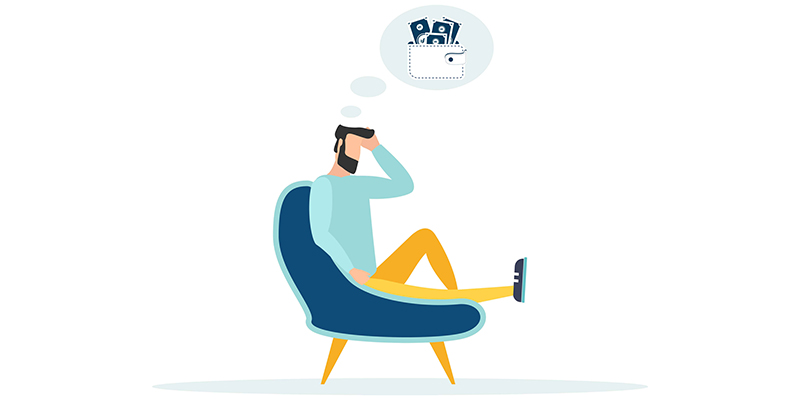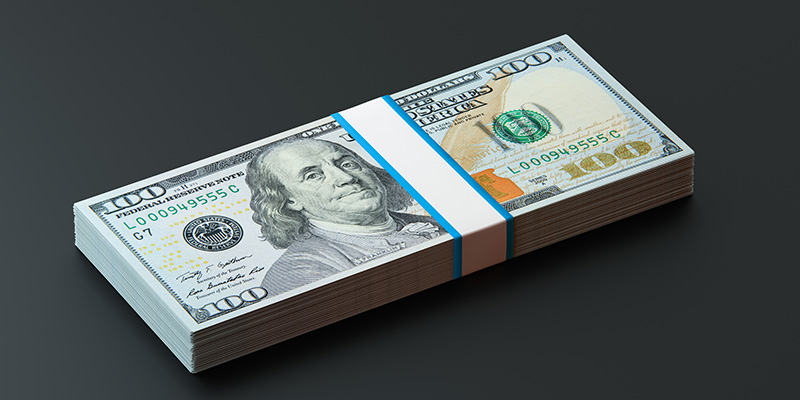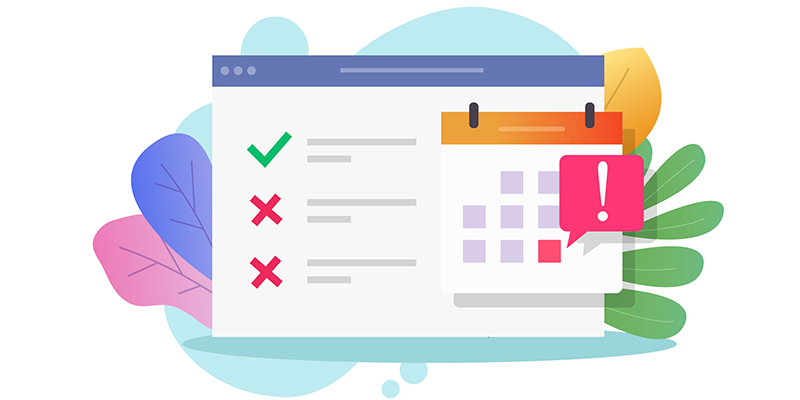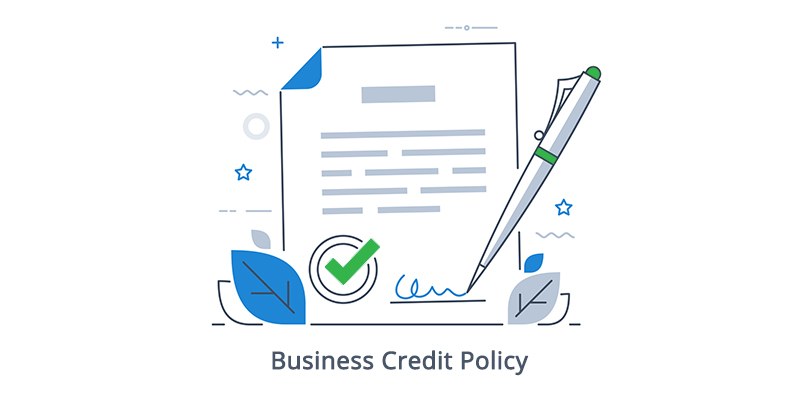Every year, we take a look back at the previous year's blog entries to learn more about what you, our readers, want to see. In 2020, we observed that our readers were interested in building out their own successful A/R departments and first-party collections efforts. We're here to help!
A new business takes time, dedication, and wearing lots of many hats. If you're growing your business and want to attract more capital, it's time to protect your cash flow. This free downloadable guide will help you discover how to prioritize your accounts receivable so you don't have to waste time chasing down payments.
A Startup Guide to B2B Accounts Receivable and Collections
Chasing down late payments is no one's idea of fun. Have you considered making it easier for your clients to pay what's owed to you? To protect your cash flow and increase working capital, it may be time to consider some updates to your accounts receivable and invoicing process.
Here are the top A/R trends to get those late payments finally paid!
If there's any solid business advice I could offer to anyone, it would be this: Always follow up.
For many reasons, a follow-up email or phone call is essential in achieving results. Often, however, some people don't feel comfortable reaching out again after a meeting, discussion or event. They're worried their ask is a chore or they're being too pushy. In fact, a friendly follow-up may just be what's required to seal the deal.
In business, how important is a follow-up?
With the holidays quickly approaching, it can be easy to fall under the notion that your customer payments will arrive as usual. In reality, some businesses will shut down for weeks during the holiday season, narrowing the window for paying invoices. Instead of watching your working capital fall short, you can prepare in advance.
Here are 5 steps to take to avoid late payments during the holidays. ✨
When your business needs to make a call to get invoices paid, make sure your accounts receivable and collections specialists are using the right language and abilities. Successful calls are handled by skilled collections specialists with the qualities of persistence, confidence, great listening skills, and training. When emails aren't bringing those late payments current, these call script examples may help.
Call Scripts for Successful A/R and Collections Specialists.
When you think of the phrase cash flow, you may have a vision of money flowing into and out of your business. In this vision, your clients are seamlessly paying their debts to you and you're paying all of your bills and expenses. Cash flow management is the process of maintaining that flow of money, hopefully increasing positive cash flow, where more money comes in than goes out.
Let's look at cash flow management strategies to help your business.
Within an accounting department, a credit manager's job is to determine the creditworthiness and credit risk of clients. By setting up clients in this way, along with the implementation of a credit policy, your accounts receivable department can be more successful, cash flow is boosted and the risk of non-paying clients is reduced.
Here are best practices for creating a business credit policy.
After the sales team closes the deal and the goods or services have been delivered, the accounts receivable department ensures that your customers meet their payment deadlines. Receiving timely B2B payments reduces potential cash flow issues, ensuring vendors and employees are paid and the business continues growing. An accounts receivable specialist has certain defined responsibilities within the department.













